Types of Research Recovery
Research Recovery
The Lions World Vision Institute’s research team recovers whole eyes and ocular tissue to enable groundbreaking research globally. While LWVI prioritizes matching donors with patients in need, if a donation cannot meet our strict transplant criteria, the research department may instead recover whole globes or other ocular tissues. This approach ensures that every donation maximizes the potential to discover cures for vision-compromising diseases.
Prospective Recovery
During the donation process, each donor is rigorously screened for diseases that may affect the suitability of their tissues for transplantation. Conditions such as Multiple Sclerosis, Alzheimer’s, previous ocular surgeries, and certain ocular diseases. While rendering tissues unsuitable for transplant, these rare and otherwise impossible to obtain samples are highly valuable to scientific research. Tissues affected by these conditions are recovered and provided to researchers dedicated to understanding the development and presentation of these debilitating diseases. We endeavor to align each donation with a researcher prior to recovery, aiming to maximize the potential benefits offered by these donations from cases of rare and often devastating diseases.
Investigative Recovery
In addition to disease-specific recoveries, the LWVI team also procures tissue when the ocular history is uncertain or when the disease is in its early stages. Once the tissue is brought to our state-of-the-art laboratory, we conduct tests to assess and categorize the donation for a specific research program. This process allows us to detect the earliest signs of ocular disease, sometimes before the donors themselves are aware of any condition. Our matching and grading system plays a crucial role in uncovering the root causes of diseases and getting the most important samples and information to our worldwide network of research collaborators. We routinely analyze tissue for indications of Age-related Macular Degeneration, Glaucoma, Diabetic Retinopathy, and Corneal Disease. We utilize fundus imaging, OCT imaging, molecular diagnostics, and perfusion protocols to assess each tissue and together with ocular history records provide researchers with the complete framework to maximize the research return.
We strive to get the greatest benefit from each donation, often with different samples and cells going to several locations and projects, all with the same goal of eliminating the burden of diseases.
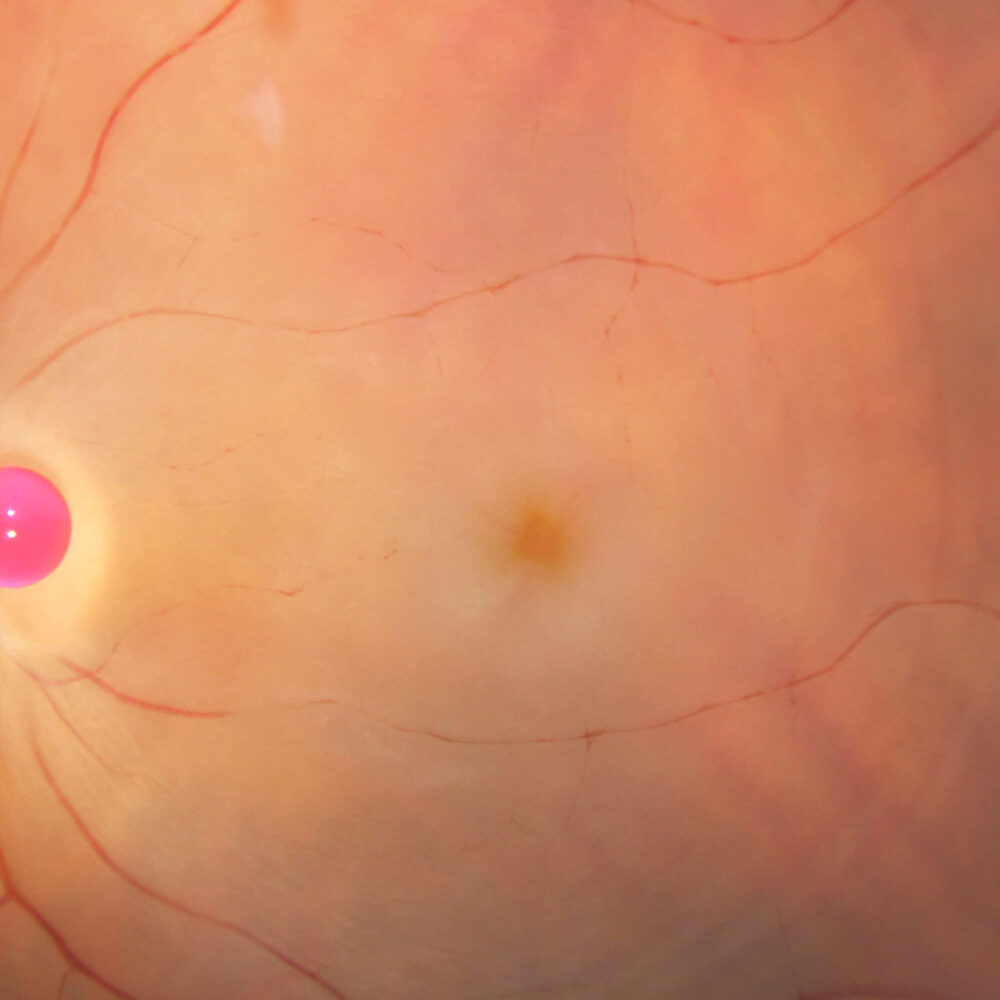 Normal
Normal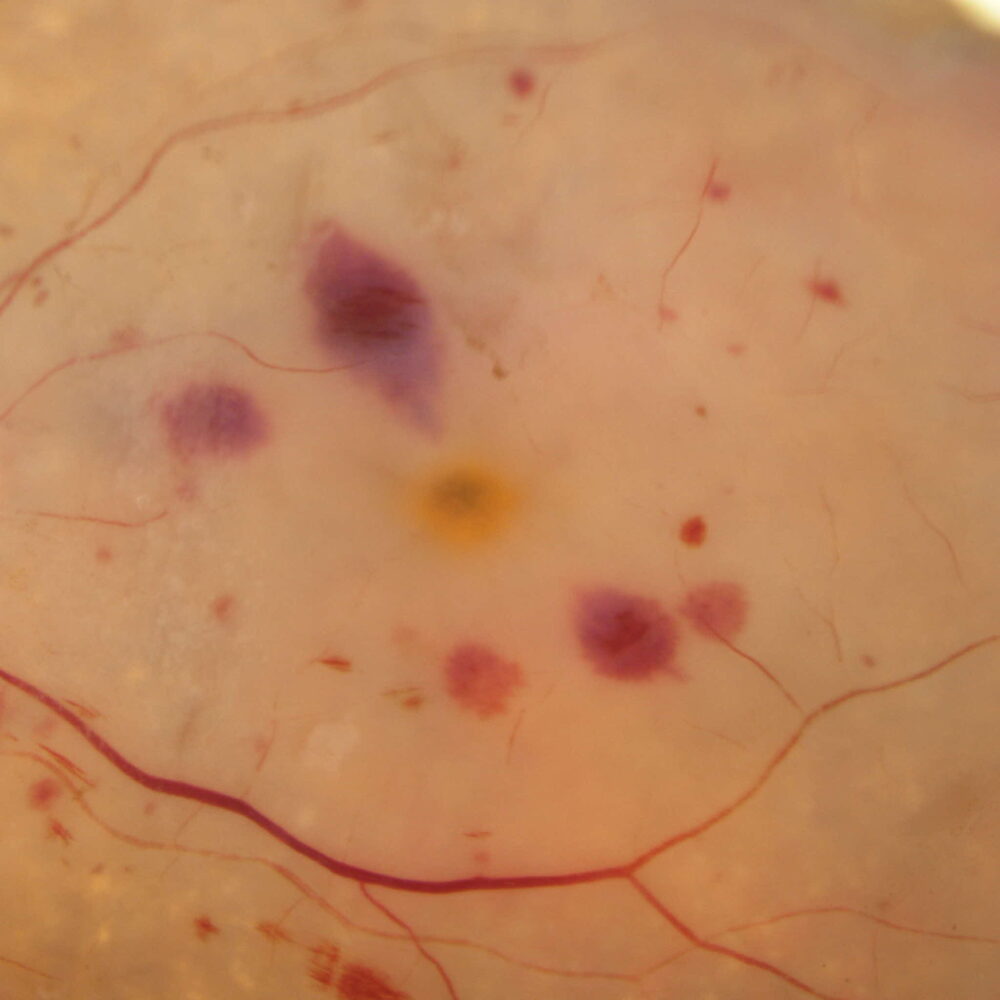 Diabetic retinopathy
Diabetic retinopathy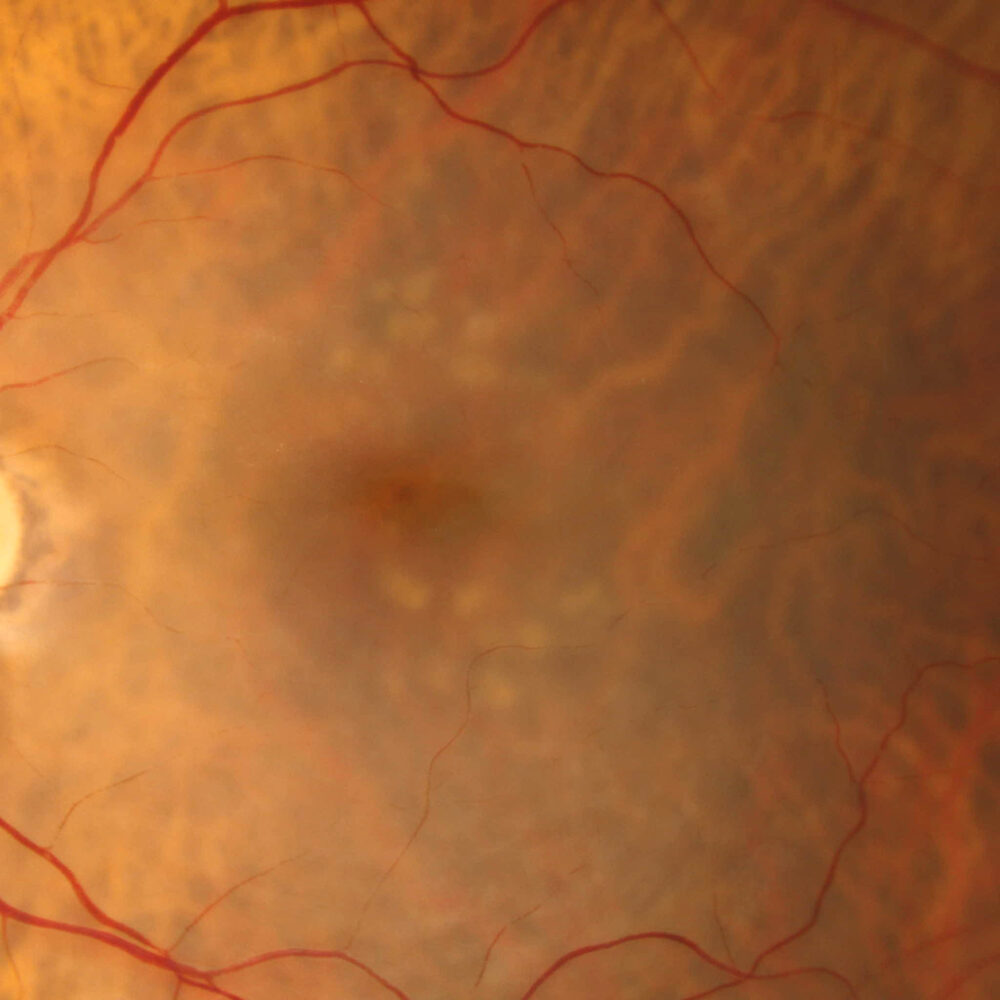 AMD at risk for vision loss
AMD at risk for vision loss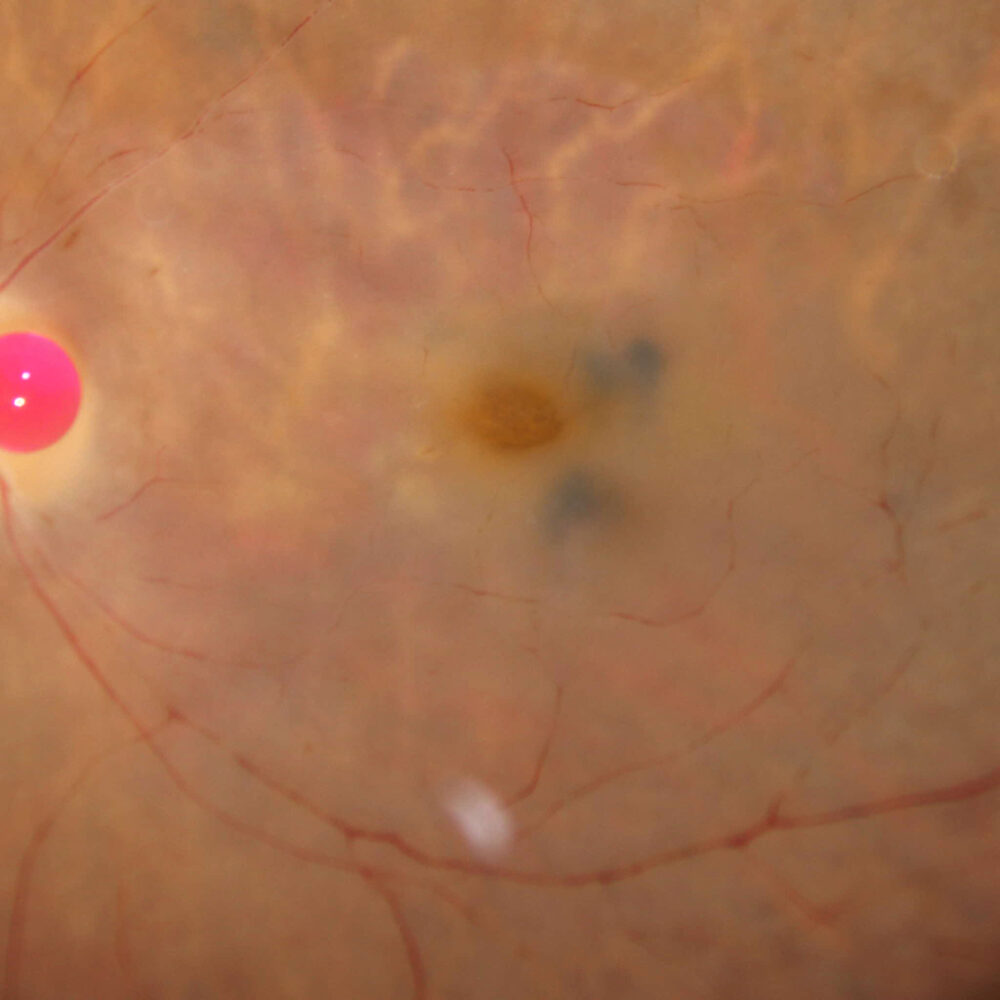 AMD with vision loss
AMD with vision lossFor donors and their families
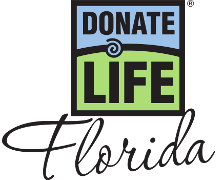 Registering with the Florida organ donor registry is crucial. It is our most valuable resource to ensure that your donation can potentially help others. Signing up now maximizes the impact of your generous gift and has the potential to alleviate the suffering of others.
Registering with the Florida organ donor registry is crucial. It is our most valuable resource to ensure that your donation can potentially help others. Signing up now maximizes the impact of your generous gift and has the potential to alleviate the suffering of others.
For researchers
Speak to us (research@LWVI.org) about your disease of interest and how LWVI can help your research program. The LWVI team covers the whole state of Florida and 13 other states, so we can find those rare cases which will enable the breakthrough.
